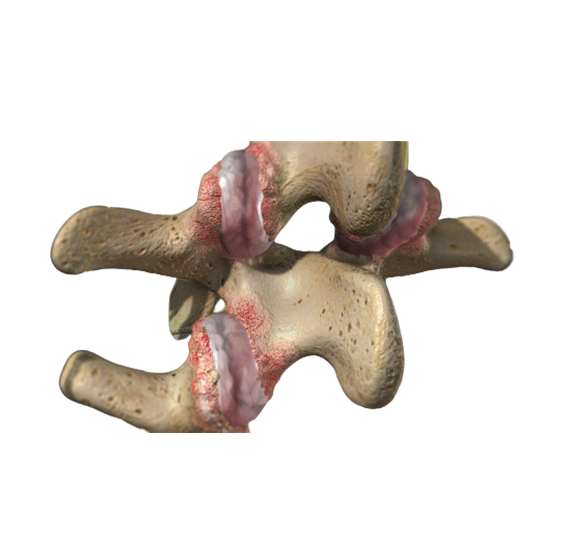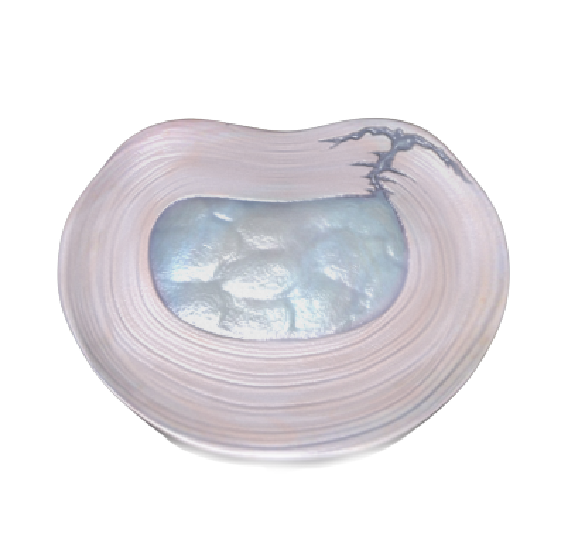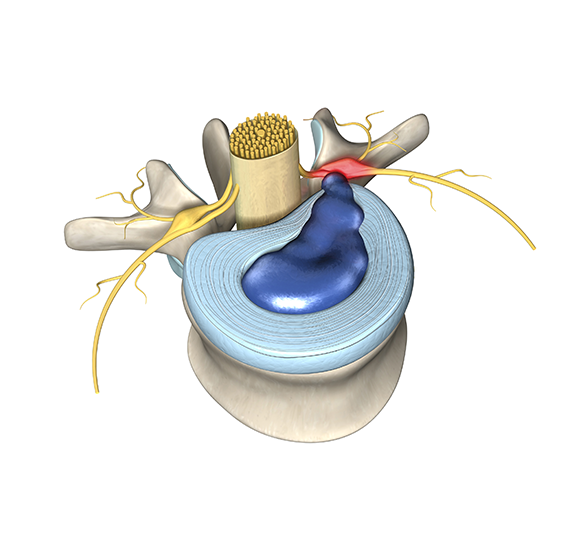Pavel Muradov, MD
Orthopedic Surgeon
Pavel Muradov, MD, is a dual fellowship-trained, board-certified orthopedic surgeon specializing in hip and knee surgery at Integrity Orthopedics in Katy, Texas. The focus of his practice is on high-quality adult knee and hip reconstruction with an emphasis on multimodal pain control.
Call Now For An Appointment!
Services Provided

Total Knee Replacement
Minimally invasive total knee replacement

Partial Knee Replacement
Minimally invasive partial
knee replacement

Total Hip Replacement
Minimally invasive total hip replacement
FAQ'S
Information
At Integrity Orthopedics, Dr. Muradov and the team have provided high-quality patient care for over a decade. From arthritis treatment to knee arthroscopy, and weight management to total hip replacement, they are ready to treat the small things, the big things, and everything in between. Dr. Muradov’s extensive training allows him to expertly assess any hip or knee condition, regardless of how many operations you may have had already. Dr. Muradov is fluent in Russian, and his staff is fluent in Spanish, allowing them to serve more patients in their community. His aim is to always help patients return to full functioning, live pain-free, and improve their quality of life.
Originally born in Moscow, Russia, Dr. Muradov was raised in Siberia, and trained in the United States. He later graduated from the University of Houston in 2006, earning a double major in chemistry and biology. He then graduated from the University of Texas – Galveston and completed his orthopedic surgical residency at the University of California, San Francisco-Fresno joint program. In 2015, he returned to Houston for a one-year adult hip and knee reconstruction fellowship at the Texas Medical Center. The following year, he completed an intensive, minimally invasive anterior hip fellowship in Belgium.
In the interim, he has been working as a contracting surgeon delivering orthopedic care to underserved areas of the United States. He has also authored several peer-reviewed articles and has been invited to speak at national conferences on various orthopedic topics.
In 2017, Dr. Muradov partnered with Houston Methodist to provide patients with the most up-to-date care relating to hip and knee problems. Since then, he has expanded to the HCA and Herman health systems to accommodate all of his patients and their insurance plans.
Dr. Muradov values honesty and dedication when it comes to patient care while treating people like family and with compassion and respect.
To partner with Dr. Muradov and the Integrity Orthopedics team, call (832) 756-7448 today.







